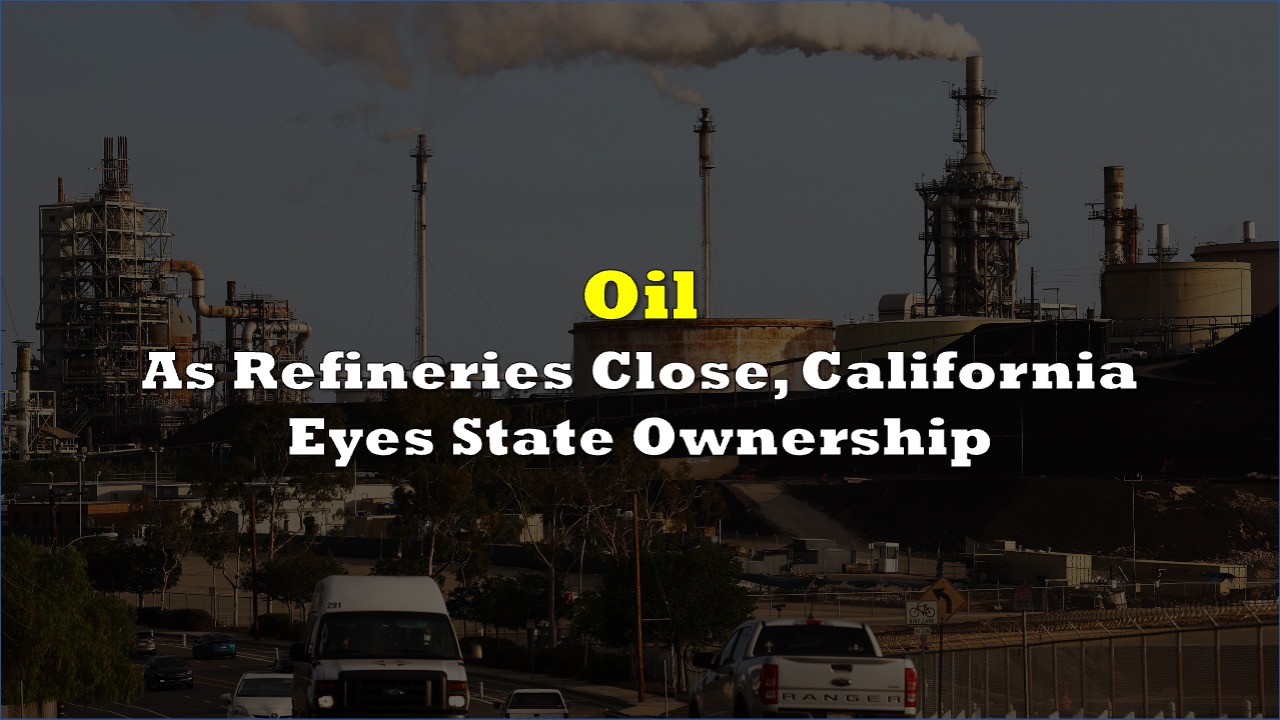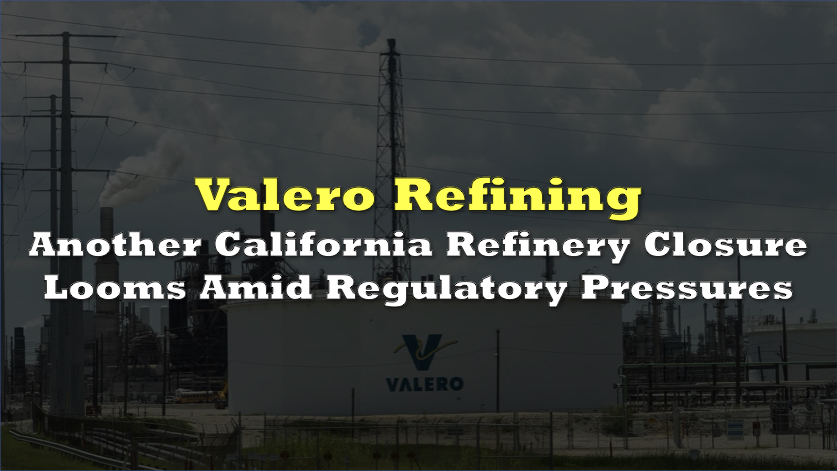California officials are considering state ownership of oil refineries, joining more than a dozen countries including Russia, China, and Venezuela that operate government-run facilities as private companies scale back operations in response to declining gasoline demand and stricter environmental regulations.
The proposal appeared on a list of options presented by the California Energy Commission, responding to a legislative order to ensure “a reliable supply of affordable and safe transportation fuels in California.”
We’re starting to lose refineries because we’ve made it so expensive and impossible to operate in California>
— Tracy Shuchart (𝒞𝒽𝒾 ) (@chigrl) February 16, 2025
Is California government considering oil refinery takeovers? Yes, it is
California policymakers are considering state ownership of one or more oil refineries, one item…
The Phillips 66 refinery in Wilmington plans to close permanently by year-end, leaving eight major refineries in the state. Industry analysts warn that further closures could trigger serious supply disruptions, as California lacks pipeline connections to other states and imports only 8% of its gasoline. The state’s requirement for special gasoline blends to reduce air pollution further complicates supply challenges.
“The state recognizes that they’re on a pathway to more refinery closures,” said Skip York, chief energy strategist at Turner Mason & Co. He added separately that “demand will decline gradually, but supply will fall out in chunks.”
Gasoline consumption in California has dropped 15% since peaking in 2005, according to the Union of Concerned Scientists. Electric vehicles now represent about 25% of new car sales, with the state mandating all new passenger vehicles be zero-emission by 2035.
Major refiners are responding to these shifts. Chevron (NYSE: CVX), which announced its headquarters move to Texas last year, confirmed it has considered ending production at its California refineries. Two facilities have already switched from gasoline to biodiesel production.
“Recent California policies, like banning the sale of new internal combustion engine vehicles by 2035, the potential tax/penalty on refinery profits and the potential new minimum storage requirement are all headwinds to our business and erode our confidence going forward,” said Andy Walz, Chevron’s president of downstream, midstream and chemicals.
“We’re moving toward price controls and government takeover of industries. That’s never worked very well in the history of the world,” said Assembly Republican Leader James Gallagher.
The energy commission acknowledges significant challenges, including high operational costs and the need for specialized expertise. Governor Gavin Newsom’s office said California is focused on “meaningful and thoughtful policy work” for a long-term transition from fossil fuels.
A formal transition plan was due December 31, 2024, but remains unreleased, leaving the state’s response to potential additional refinery closures uncertain.
Information for this story was found via the sources and companies mentioned. The author has no securities or affiliations related to the organizations discussed. Not a recommendation to buy or sell. Always do additional research and consult a professional before purchasing a security. The author holds no licenses.





